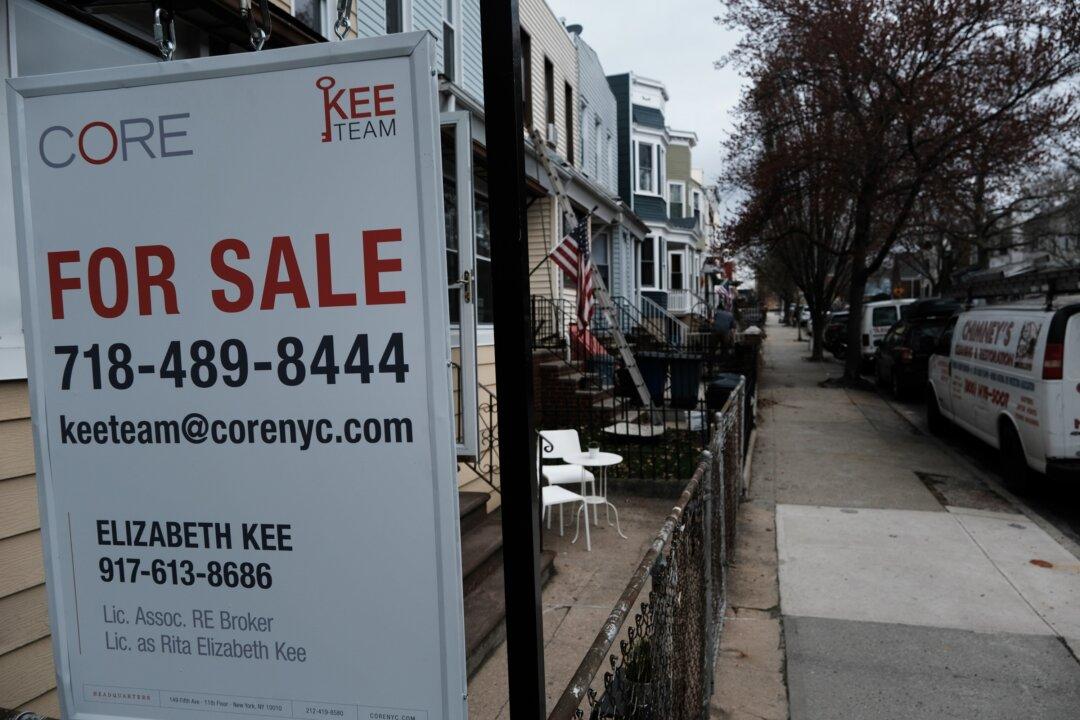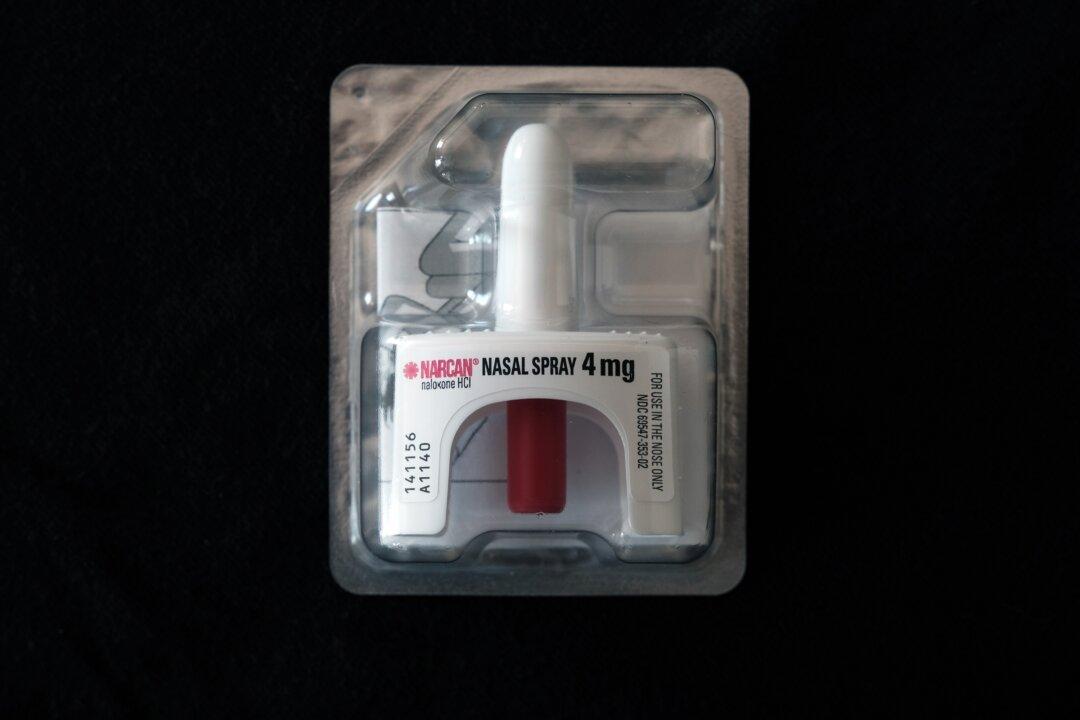Maryland would receive billions of dollars from the Infrastructure Investment and Jobs Act if it is passed by the U.S. House of Representatives and signed into law.
Gov. Larry Hogan, a Republican, has pushed for the bill during his tenure as chairman of the National Governors Association. In a statement, he praised the bill’s Aug. 10 passage by the U.S. Senate.





